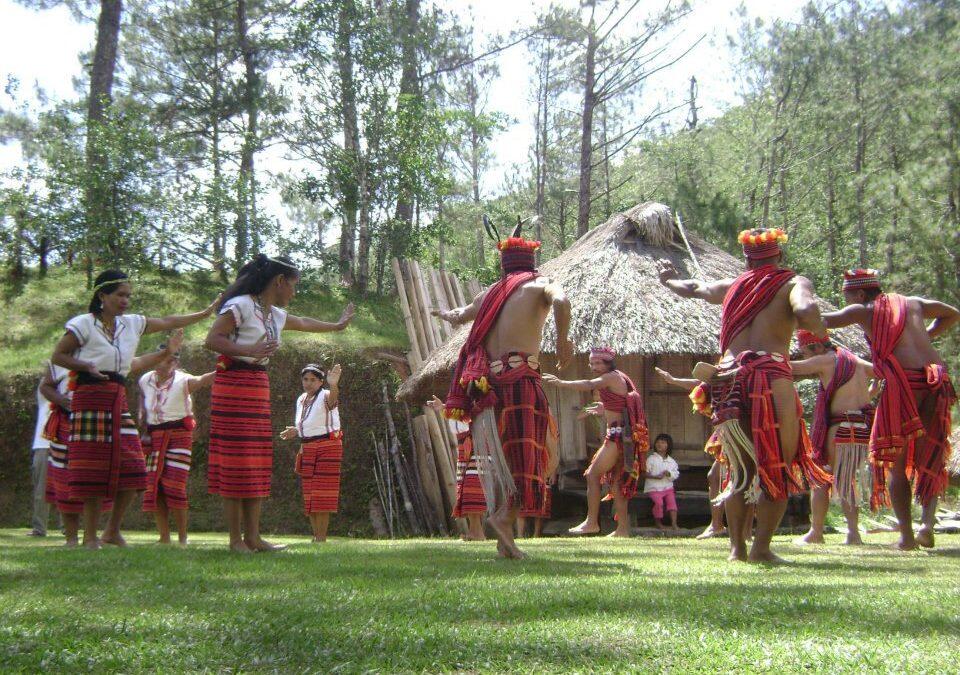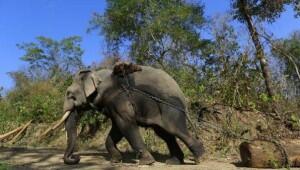Indigenous people in the Philippines are raising their voices towards protecting their own land and environment. They are asking the government to authorize a force of tribal rangers to help preserve the country’s forests and curb climate change.
They have many reasons for this step; including helping the environment prosper, several tribes in the Philippines believe that earning a suitable amount of money from monitoring forests will help them buy food. Food prices have increased a lot in that country.
More than 450 million people in the region rely on forests for income and food, but forest dwellers often struggle to make a living as rural poverty, deforestation and climate change threaten their livelihoods.A number of studies in 2015 have shown that strengthening community forest rights can cut CO2 emissions by reducing deforestation, and improving forest health.
So what will change today? Tribes asking the government to approve their move are already working as “bantay gubat”, or forest rangers, in the mountains of Davao Oriental, where their work extends from forest conservation to wildlife protection.
Donato and his Tribe…
Martin Donato and his indigenous Mandaya tribe in the southern province of Davao Oriental want to be at the heart of REDD+ (Reducing Emissions from Deforestation and Forest Degradation) efforts, and are hoping to reap some of the financial rewards, REUTERS reported.
Donato, a member of his tribal council and representative of indigenous people in his village of Rizal, has been tapped to help oversee REDD+ activities in the tribe’s area.
REDD+ includes safeguards, negotiated at the 2010 U.N. climate change conference in Mexico, to minimise any negative effects of forest preservation activities on indigenous peoples, biodiversity, livelihoods and governance.
That includes ensuring indigenous groups and communities that depend on the forest participate in REDD+ activities.
Under Philippine law too, the government and the private sector must secure the consent of indigenous groups before natural resources on their ancestral lands can be exploited.
Life Without Safe Guards
What would it be like without safe guards? Experts say that without safeguards, indigenous people could suffer from violation of their customary land rights, political marginalization, and declines in food production.
Failure to implement the safeguards can lead to a country forfeiting its REDD+ payments.
“How can we fight illegal loggers?” asked Donato. “We currently cannot arrest them.”
A commitment for Paris agreement
Forest management and protection are important parts of the Philippines’ strategy to reduce its carbon emissions by 70 percent by 2030, a commitment made for the new global agreement on climate change reached in Paris last December.
The Southeast Asian country aims to reduce its emissions from deforestation and slash-and-burn farming largely through a scheme called REDD+ (Reducing Emissions from Deforestation and Forest Degradation), in which developing countries are compensated for protecting their forests.
Philippine National Eagle Threatened
Philstar website mentioned on April 2 that the forest fire that razed parts of the slope of Mt. Apo was a threat against the nearly extinct Philippine Eagle, the national bird.
Philippine Eagle Foundation (PEF) chairman Carlos Dominguez expressed his concern that if the ongoing forest fire continues to rage, the habitat of the Philippine Eagle would be affected.
The forest fire, which started in the Kidapawan City trail of Mt. Apo, has spread to other parts of the highest mountain in the country.
Mt. Apo is home to the Philippine Eagle Nests of the giant raptor that can be found in the remaining 7,000-hectare forest of the mountain.












